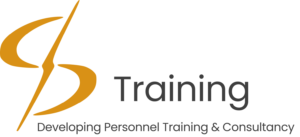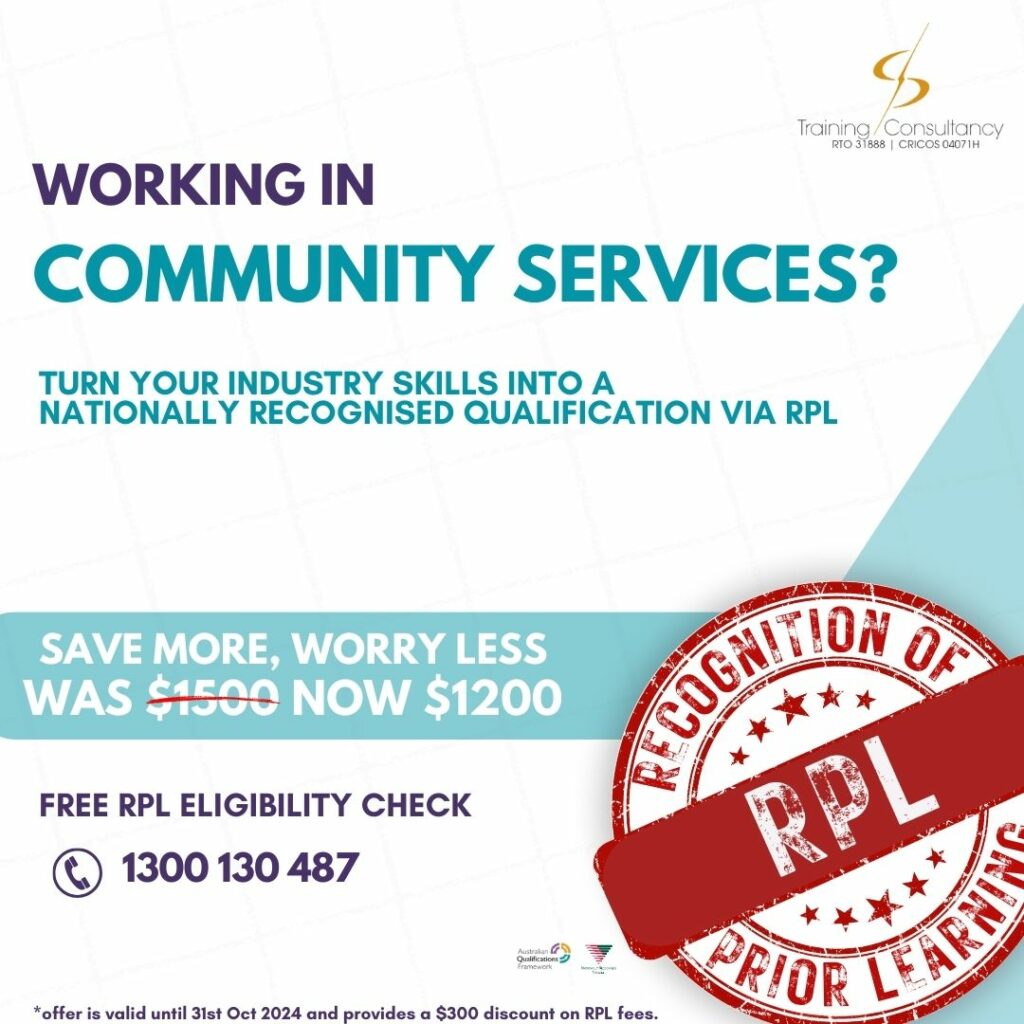Certificate IV in Community Services is delivered via DP Learning@Home model, offering the opportunity to study your way
- Rolling intake, start anytime!
- Training Materials offered using electronic-based delivery,
- Trainers/Assessors are available to support you through email and/or telephone contact.
- 15 units of competency
- The opportunity to attend weekly trainer-led study support sessions via Zoom for the duration of your course
- Simulated practicals via Zoom and/or workplace demonstration of the skills attained
- Self-paced (up to 12 months to complete)
RPL
Designed for existing workers who are able to demonstrate that they have already acquired through formal, nonformal and informal learning the course requirements.
- If you consider yourself to already have the knowledge and skills for the qualification, any person currently working in the industry has the opportunity to apply for the Recognition of Prior Learning (RPL) assessment only pathway.
- You will be required to successfully demonstrate that you have acquired the required knowledge and skills specified in the training package through formal, non-formal and informal learning. To demonstrate your knowledge and skills assessed via the RPL process, please take our skill assessment below and select RPL on your enrolment form.
Take a 60 sec Skill Assessment Check Now to determine your eligibility for RPL.









